It's almost become a tradition that I do a springtime gallery every year, and once again I have been digging in the image archives.
I will take you on a small virtual journey on the Danish coast in the spring. I realize that most of you have never been on a Danish coast, and that the coastal fishing in my home country does fill quite a bit on the site compared to the number of readers who actually perform this kind of fishing.
Exotic
Still I feel that it's interesting to cover. It's kind of exotic to many anglers, and if you normally fish for trout in Midwest streams, salmon in Iceland, stripers on the US east coast, bonefish in the Caribbean or basically any kind of fly fishing, it must indeed seem different to wade fish in shallow and productive, but cold salt water, fishing for the most common gamefish in the world: the humble brown trout, but in its sea run phase, where it turns bright as a salmon and swims into the ocean to feed and grow.
This kind of fishing doesn't take place many places in the world. Sea run trout are found all over the globe where the fish have access to the ocean: New Zealand, the UK, Iceland, Norway and many other places, but only few of these places offer locations where coastal conditions, tide and fish behavior allows you to fish for them.
The Baltic
But the Baltic has these conditions and offers a very good access to this type of fishing.
The Baltic is a large “fjord” that cuts in between Sweden and Russia and has openings towards the North Sea and the Atlantic in the form of some narrow straits cutting through Denmark. Thanks to its closed nature it has a handful of characteristics that make it a good place to feed and grow for fish and a good place to fish for them.
Tide
The tide is limited. Even where it's at its most, it's just a foot or two, making it an issue that governs current more than a factor that decides where you can fish. The tide moves a lot of water horizontally, but very little vertically compared to many other places in the world where the tide will lift the surface dozens of feet and move the dry coastline miles in and out.
Protection
The Baltic coasts are protected. Unlike the outer coasts towards the ocean, the inner Baltic coasts are oftentimes very protected with limited wind and wave exposure, limited erosion and can be more like a lake bank than the typical oceanic coasts found along the Atlantic and Pacific oceans. This means that the wear on the coast is low, and that sediment, small rocks and plants are left undisturbed and can form a productive environment and gentle coastline.
Depth
The water is shallow, particularly along the coast. No part of the Baltic is deep as an ocean, even though it of course is pretty deep – like in 460 meters or some 1500 feet in the deepest part – but a lot shallower in most parts. Most of the beaches have wide bands, which can be waded without filling the waders, and these shallow coasts offer excellent access to the realm of the coastal sea trout.
Production
The production is high. The Baltic is fed with nutrients from a very large number of streams and rivers. At the same time oceanic water flows in with the tide, and this mix of water gives a foundation for a high production. Thanks to limited water depths the water also heats up easily and that adds to the production, particularly in the spring.
Salinity
The water is brackish. Since all the water that replenishes the Baltic comes from streams, it's a mix of saltwater and freshwater, which especially in the cold seasons offers perfect conditions for trout. Cold salt water is not optimal for trout while the brackish water is easier to cope with and allows the fish to stay and eat in the ocean, even in the winter.
Streams
There are thousands of streams running into the Baltic, and these give the fish a place to spawn and even fresh water to swim into during the hardest winters. The streams are home to millions of new trout, of which a lot will eventually enter the ocean to feed just as their parents did.
A journey in images
I set out on this virtual journey already back in January, going through my large archive of images from many years of coastal fishing in the Baltic. I did as I often did: went through my general archive and the galleries tagged with “coastal fishing” and “Denmark” in particular. I didn't include many fishing pictures, but focused on impressions of the coast, the water and the landscapes.
I have many thousand such images, but as my production of new ones has decreased the last few years, and I have made these galleries many times before, I had to take care not to reuse images that have been published in earlier articles.
I think I managed to avoid repetitions, so in this article, you will find some impressions of the Danish coasts – the places we fish for the fascinating and enticing coastal sea trout.
While I'm finishing this text in early April, preparing to publish the article, the weather outside is getting better and spring is finally here after a fairly mild winter. The coastal fishing has been good for many weeks already, and plenty fish have been reported with even more being caught without being published.
Personally I haven't been out yet. My situation is different compared to my busy fishing years years, and my fishing activity is only a fraction of what it used to be, limited to a couple of weeks a year plus the odd trip now and then. It's far from the one or two weekly trips I used to take a decade ago.
So I also enjoy a virtual trip now and then, as I hope you have.
I also enjoy a virtual trip now and then, as I hope you have
- Log in to post comments

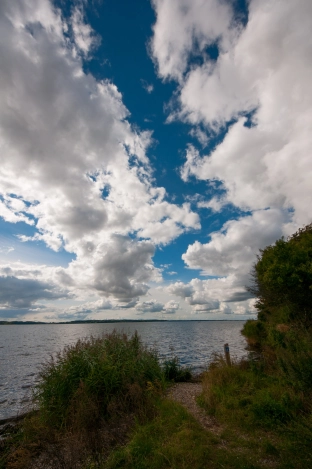
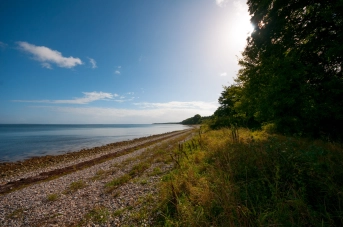
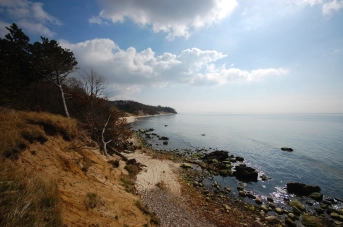
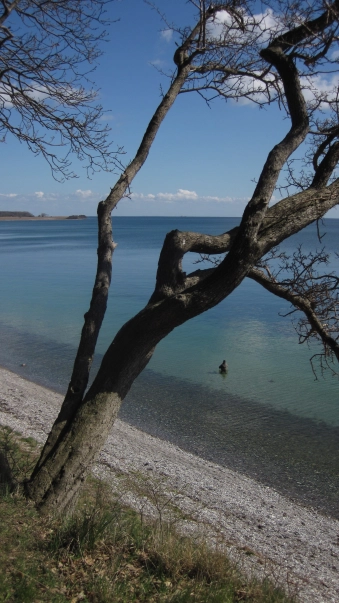
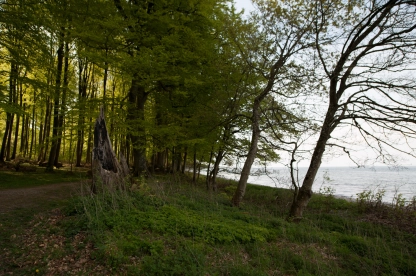
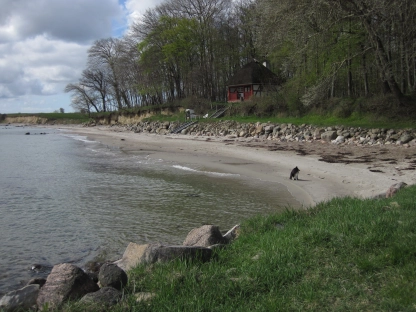
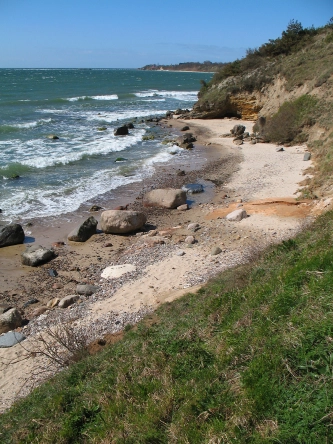
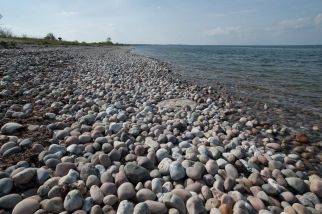
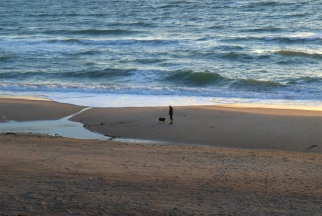
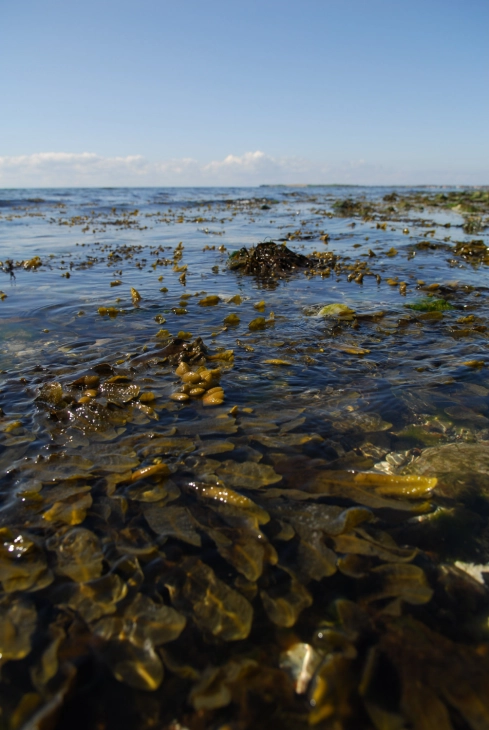
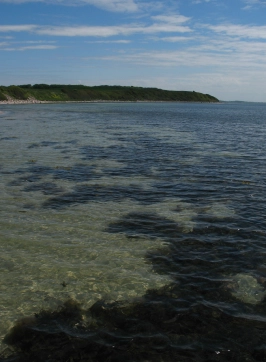
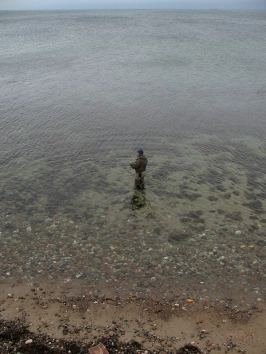
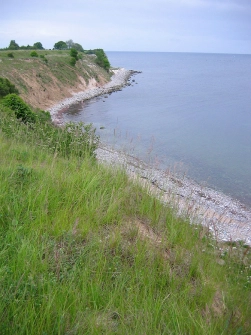
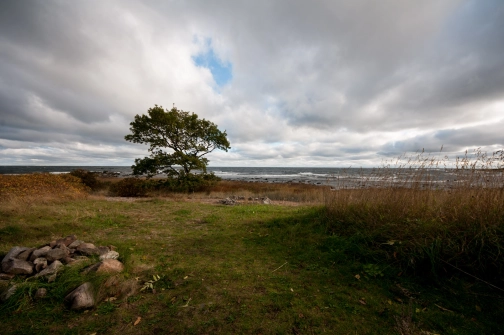
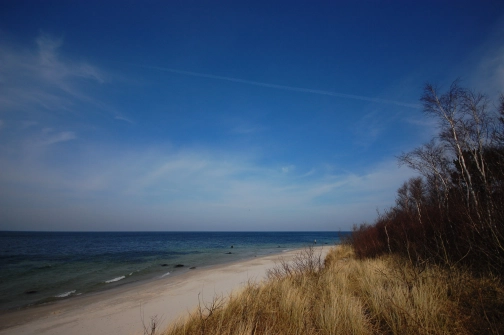
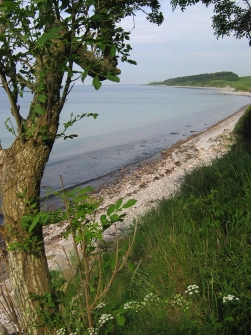
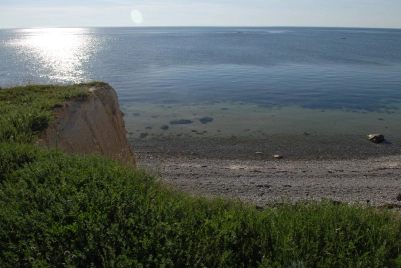
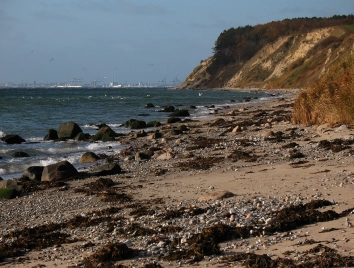
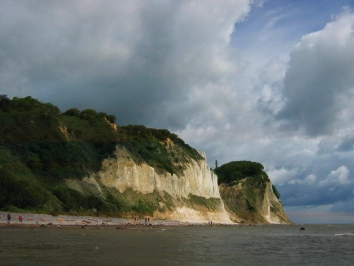
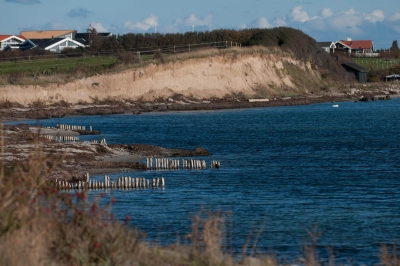
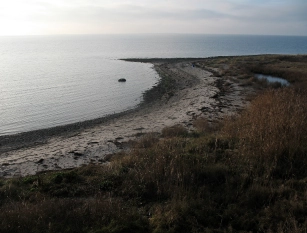

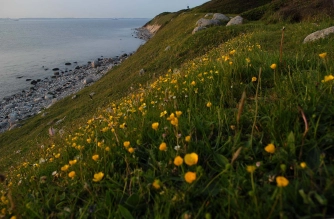
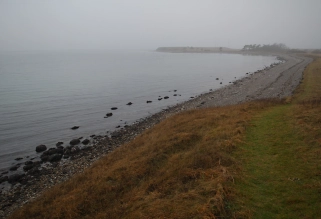
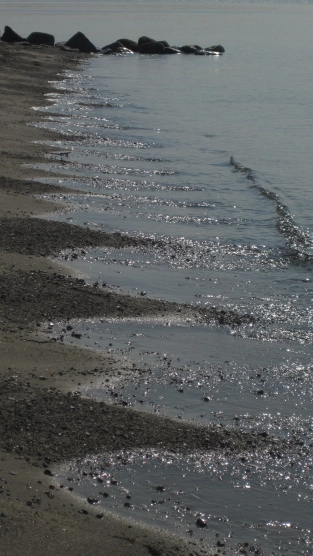
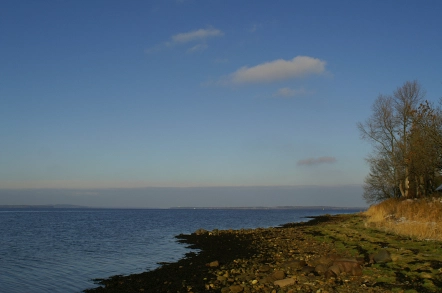
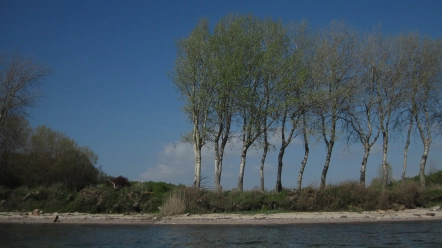
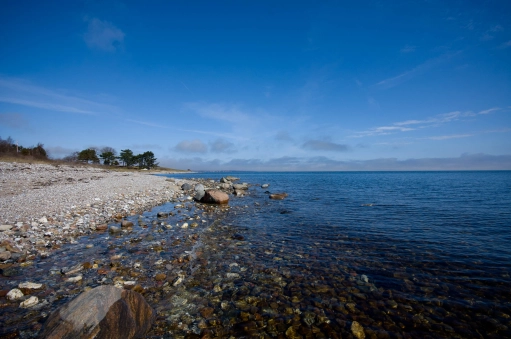
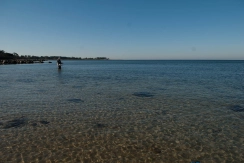
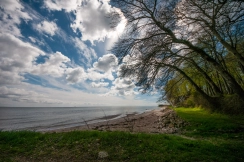
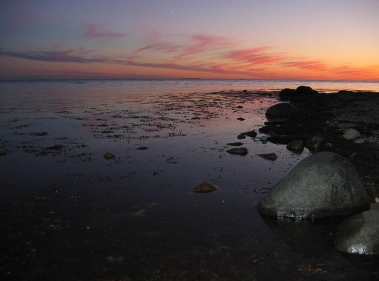

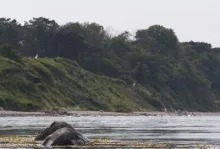
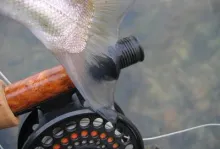


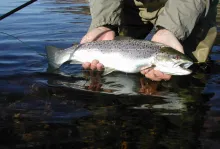
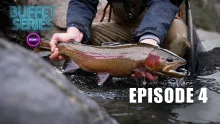
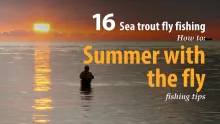
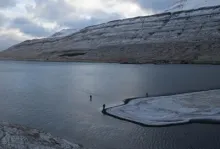

Spring on the coast
Very nice pictures Martin, I hope to fish there sometime in the near future!
Best regards,
Tom .
Martin, really great article
Martin, really great article and fantastic picts. I wish to know and flyfish that region.
Best regards,
JJS